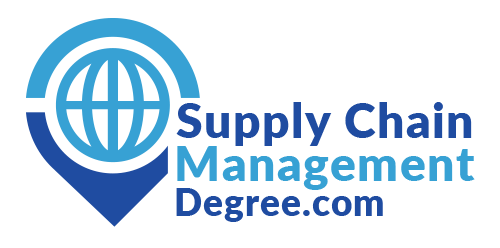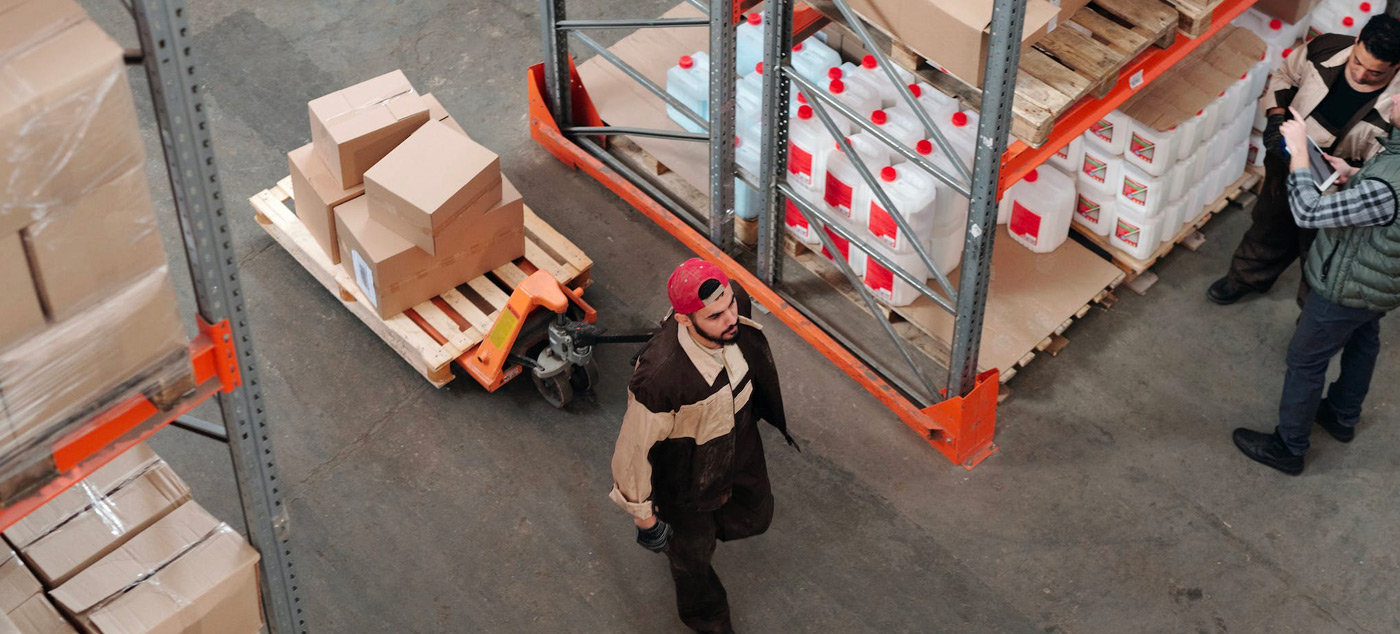Sustainability in Supply Chain Education: Building a Greener Future
In today’s rapidly evolving global landscape, sustainability has become a critical focal point across various industries. As businesses strive to reduce their environmental footprint and embrace sustainable practices, the role of supply chain management has emerged as a pivotal factor in driving positive change. However, to truly integrate sustainability into supply chains, education and training play a fundamental role. This blog explores the importance of incorporating sustainability into supply chain education and its profound impact on building a greener future.
The Significance of Supply Chain Sustainability: Supply chains are intricate networks that encompass the entire lifecycle of a product, from its inception to its disposal. As such, they have a substantial environmental impact, including resource depletion, emissions, waste generation, and social implications. Recognizing this, businesses are increasingly acknowledging the importance of integrating sustainability into their supply chain operations to mitigate environmental risks, enhance resilience, and meet the growing demand for eco-friendly products and services.
The Role of Education in Driving Change: Education serves as a catalyst for change, equipping future supply chain professionals with the knowledge, skills, and mindset necessary to navigate complex sustainability challenges. By integrating sustainability principles into supply chain curricula, educational institutions can empower students to become agents of change within their organizations and drive sustainable practices across the entire supply chain ecosystem.
Key Components of Sustainable Supply Chain Education:
Holistic Understanding
Sustainable supply chain education goes beyond traditional concepts of efficiency and cost reduction to encompass a holistic understanding of environmental, social, and economic impacts. Students learn about the interconnectedness of supply chain activities and their implications for sustainability.
Stakeholder Collaboration
Collaboration with industry partners, NGOs, and government agencies enables students to gain real-world insights into sustainable supply chain practices. Guest lectures, industry projects, and internships facilitate experiential learning and foster partnerships for driving sustainable change.
Innovation and Technology
Embracing innovation and technology is essential for enhancing supply chain sustainability. Students are exposed to emerging technologies such as blockchain, IoT, and data analytics, which enable transparency, traceability, and efficiency improvements throughout the supply chain.
Ethical Leadership
Sustainable supply chain education emphasizes the importance of ethical leadership and responsible decision-making. Students develop critical thinking skills and ethical frameworks to address complex sustainability dilemmas and advocate for socially and environmentally responsible practices within organizations.
Case Studies and Best Practices
Highlighting successful case studies and best practices in sustainable supply chain management serves as inspiration and guidance for educators and students. Examples may include companies that have implemented circular economy principles, reduced carbon emissions through transportation optimization, or improved supply chain transparency through ethical sourcing practices.
Challenges and Opportunities
While the integration of sustainability into supply chain education presents numerous opportunities, it also comes with its challenges. These may include resistance to change, lack of standardized sustainability metrics, and the need for faculty development in sustainability-related topics. However, addressing these challenges through collaboration, curriculum innovation, and industry partnerships can transform them into opportunities for driving meaningful change.
Sustainability is no longer a choice but a necessity in today’s supply chain landscape. By embedding sustainability principles into supply chain education, we can empower future generations of supply chain professionals to lead the transition towards a greener, more sustainable future. Through holistic education, stakeholder collaboration, innovation, and ethical leadership, we can build supply chains that not only drive business success but also contribute positively to the planet and society. Together, we can create a more sustainable world for generations to come.



